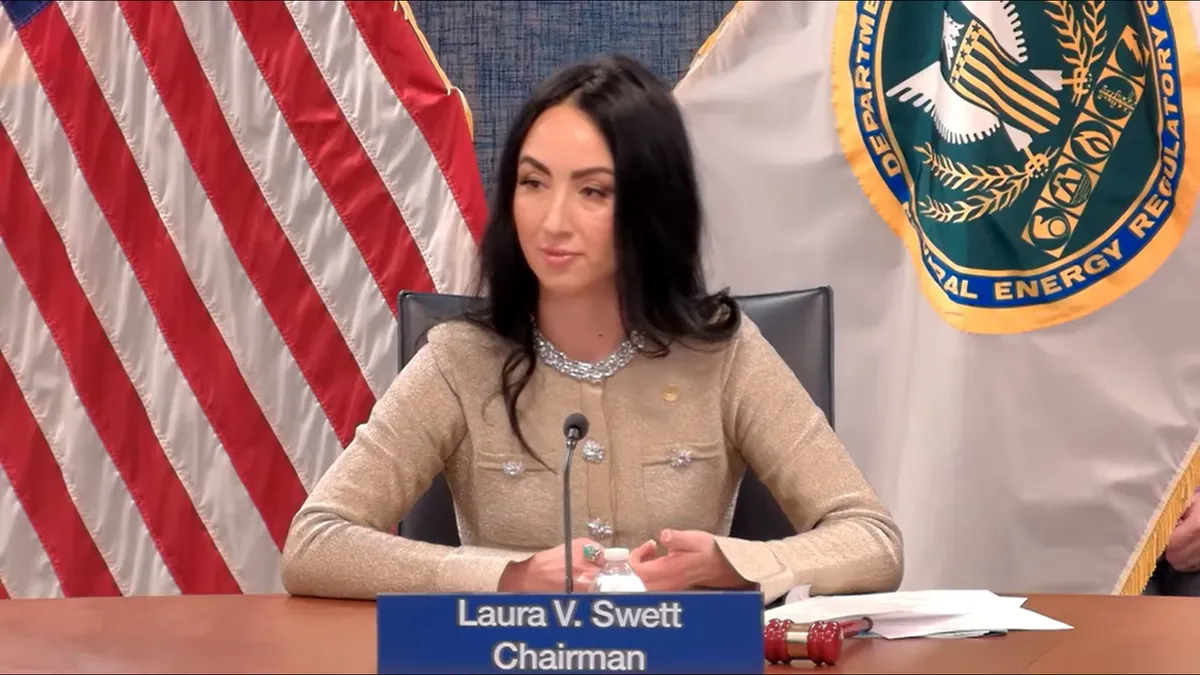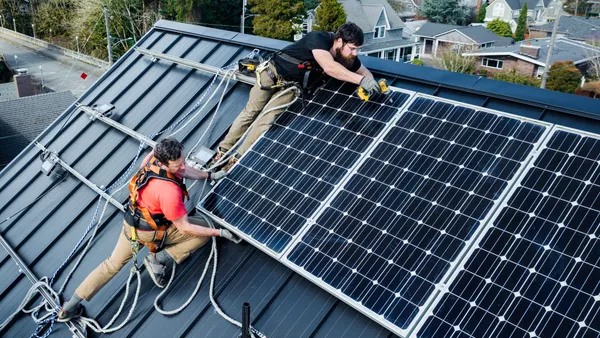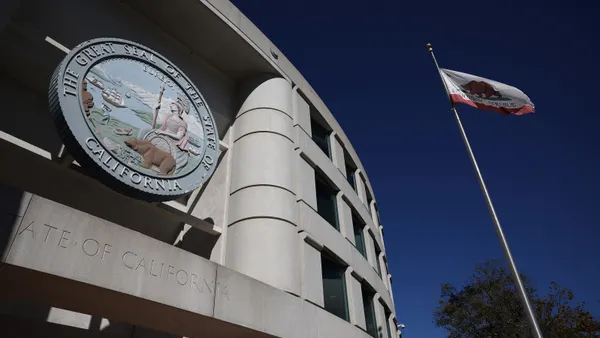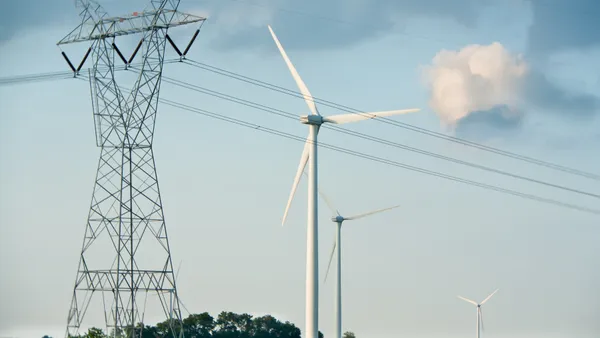Dive Brief:
- The debate over net metering in Nevada has moved from the hearing room to the airwaves, The Las Vegas Sun reports, as the state's dominant utility backs a media campaign aimed at preserving the controversial new solar incentive rates.
- Citizens for Solar and Energy Fairness (CSEF), a group reportedly supported by utility NV Energy, announced a new website and a "substantial" state-wide ad buy focused on the new net metering rates. In December, regulators cut bill credits for excess solar generation from both existing and new rooftop solar systems, an unprecedented decision in solar policy.
- Solar advocates and installers, meanwhile, are working through the group Bring Back Solar (BBS) to reverse the new net metering program with a ballot measure they hope to qualify for the November election.
Dive Insight:
CSEF's new ad, titled "Choice," argues that while rooftop solar companies "say they just want energy choice for Nevadans, the truth is their plan gives you no choice."
Featuring images of the Bring Back Solar website, the ad says the solar advocates' plan "forces Nevada families to pay higher bills to subsidize rooftop solar" and calls retail rate net metering "a government subsidy with no limits that would go up and up and up."
"It's not a choice," the ad says. "It's a mandate, and they want you to pay for it."
The solar plan the ad references is the BSS ballot proposal, which would restore retail rate net metering for distributed solar systems in the state.
Solar advocates in the state suffered a setback in March, when a Nevada Judge disqualified their ballot measure, ruling in favor of CSEF’s argument that the proposal is actually referendum, and therefore must meet more rigorous standards before it can appear on the ballot. BBS is appealing the decision.
After the December decision to cut net metering rates and allow fixed charges on utility bills, SolarCity, Sunrun and other installers ceased operations in Nevada. The BSS website features what it calls a "running tally of announced layoffs as a result of the PUC's decision to eliminate solar," which stands at 1053.
The PUC’s decision to apply lower rooftop solar remuneration rates to existing systems as well as new ones were unprecedented. Critics say that in declining to "grandfather in" existing solar systems to the new rates, the regulators may have violated the contracts clause of the U.S. Constitution by undermining legally-binding leasing agreements between solar customers and installers of third party owned (TPO) solar. A group of solar customers is challenging the new rates in court, and TASC, a solar lobbying group is suing the PUC.
CSEF's new ad:














